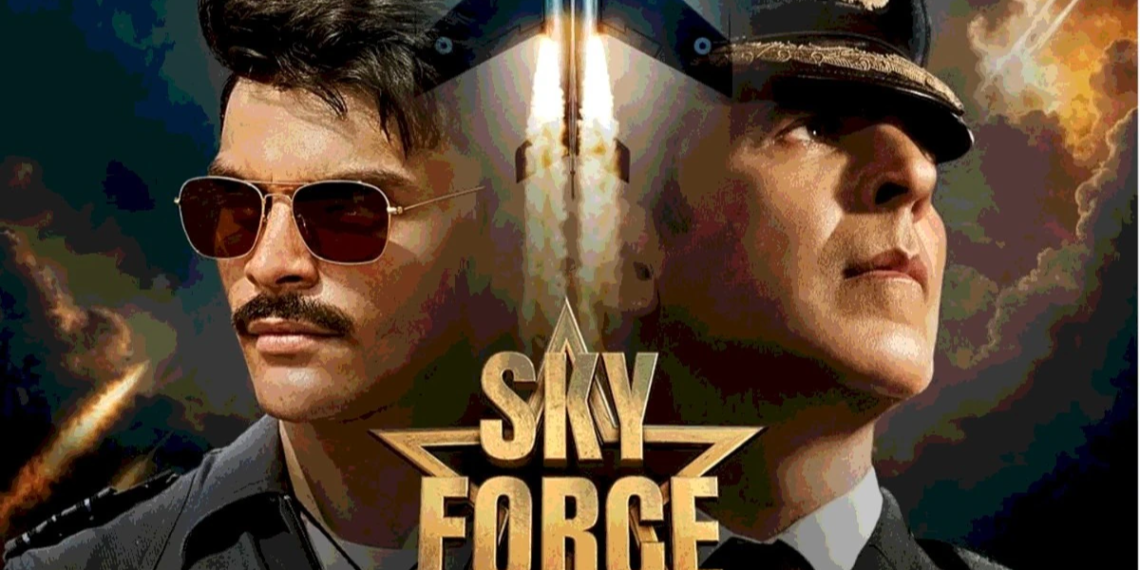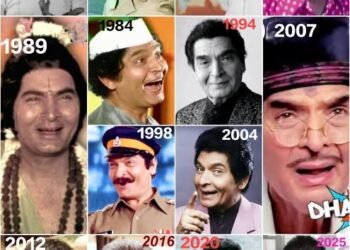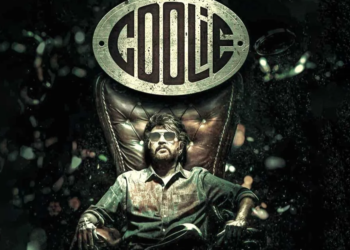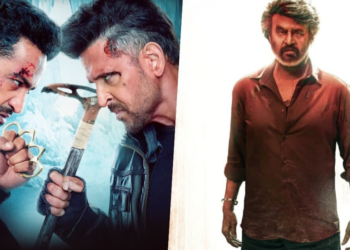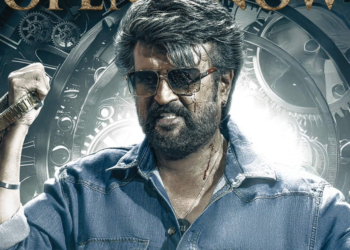Last year Bollywood’s Republic Day gift was fighter, which zoomed in checking several patriotic-movie boxes: brave Indian fighter pilots, going up against favourite enemy Pakistan, displaying valour and camaraderie.
This year, it is Sky Force, coasting on the same elements, except this one is a thinly-disguised account of a real life incident during the 1965 Indo-Pak conflict, in which a squadron decimated a fleet of modern American jets housed at Pakistani base Sargodha, in an operation the film calls Sky Force.
The story (which the film is based on), about a pilot on stand-by during that crucial operation, who disobeys his leader’s direct orders and takes off in a plane that’s not airworthy, his skill and derring-do instrumental in saving his brother pilots’ lives, is worthy of dropped jaws.
Just watched #FDFS Of #SkyForce and It Was #Blockbuster @akshaykumar Baap Of Patriotism, a Must watch all #Indians #RepublicDay #HappyRepublicDay #2025 #SkyForceTrailer #SkyForceReview #ApplauseForSkyforce pic.twitter.com/PUjOpdhWJn
— Akshay Pradhan (@Pradhan01S) January 24, 2025
Veer Pahariya’s Performance:
The film, however, doesn’t do enough justice to this tale of unwavering courage in the face of certain death. Chiefly because the brave pilot T Vijaya (real name AB Devayya) played by debutant Veer Pahariya, who should rightfully have led this tale, consistently plays second fiddle to the film’s lead, which is, of course, Akshay Kumar.
Right through, the effort at keeping Akshay’s character, who plays Wing Commander KO Ahuja (his real-life counterpart being OP Taneja), front and centre skews the balance, with the plot bending over backwards to accommodate Ahuja’s untiring efforts to find his long-lost team-mate, in the face of bureaucratic stone-walling from his superiors (Chaudhri, Badola).
The film goes into flashback mode from its opening in 1971, in which a captured Pakistani pilot’s (Sharad Kelkar) interrogation yields a clue to the mystery of the missing pilot. The 1965 portions have the usual war-room strategic pointy-heads, with handsome airmen, kitted out in uniform and sharp shades, striding across the runway, and planes zig- zagging across the sky. Post-interval, large tracts are devoted to Ahuja’s dogged search.
What’s nice is that crude jingoism is kept to a minimum, even though it’s now almost impossible to make a film like this without a reference to ‘ghar mein ghus ke maarna’. Kelkar’s character is given a hint of nobility: he may be an enemy but he understands the importance of family values.
Speaking of which, the ladies here stay confined to their roles as wives: Nimrat as Akshay’s and Sara Ali Khan as Pahariya’s, constituting the idea of family and domesticity, nothing more, nothing less.
The Background Score:
And while the background score swells and booms, especially during the aerial dogfights, the melodrama is kept mostly muted. Pahariya is efficient; Akshay appears distinctly older in the parts where everyone is young ; grey-and-grizzled is a better look on him, which occurs briefly.
The most moving part of the film belongs to neither of these gents: one of their compatriots, to whom a jokey situation is assigned in the beginning, is a reminder of ‘not leaving anyone behind’. That should tell you everything about the way things roll in this sky force.


